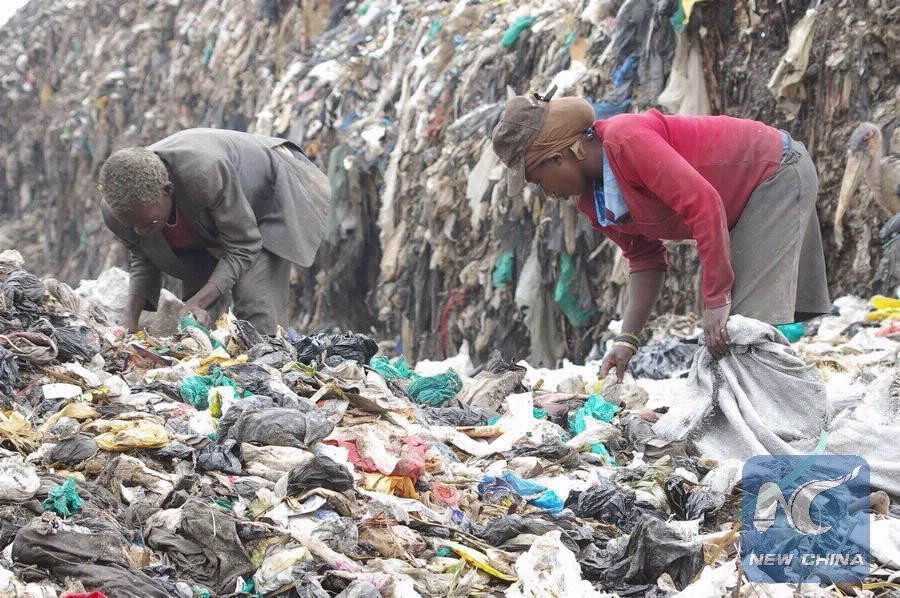×
The Standard e-Paper
Kenya’s Boldest Voice

The ban on the use of plastic bags and papers is effective in some places but it is business as usual in Nairobi’s Dandora, Umoja, Kayole, Njiru, Mwiki, Baraka and Huruma estates.
Here one finds heaps of plastic waste scattered everywhere.